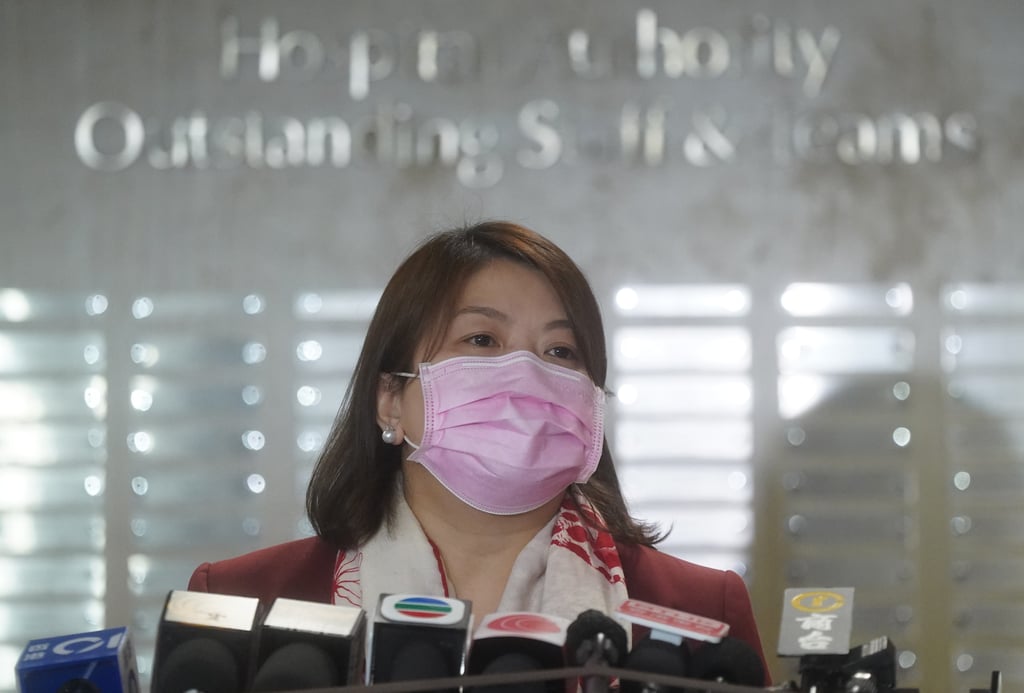Coronavirus: cases top 9,000 in Hong Kong for first time in more than 2 months, authorities warn of healthcare burden amid cold weather
- More elderly residents could become ill during the approaching cold weather, authorities say
- Officials stress changes in how public healthcare resources are used means city is better prepared for any further increases in case numbers

Hong Kong confirmed more than 9,000 Covid-19 cases on Thursday, the most since early September, with authorities warning of a potential strain on the healthcare system as more elderly residents could become ill during the approaching cold weather.
But at the same time, officials stressed that changes in how public healthcare resources were used across the city meant they were better prepared for any further increases in case numbers.
Speaking at a regular press briefing, Undersecretary for Health Libby Lee Ha-yun pointed to the risk elderly residents faced as winter neared and brought the start of the regular flu season.
“Aside from the rise in Covid-19 infections, we are also very worried about the impact of seasonal flu on our healthcare system,” Lee said. “When it gets colder, more elderly residents will get sick and hospitals are very likely to be overloaded.”

Health officials on Thursday confirmed 9,219 infections, 719 of which were imported, and 13 more deaths related to the virus. The number of daily cases has hovered around 8,000 recently, roughly double the figure at the start of the month.